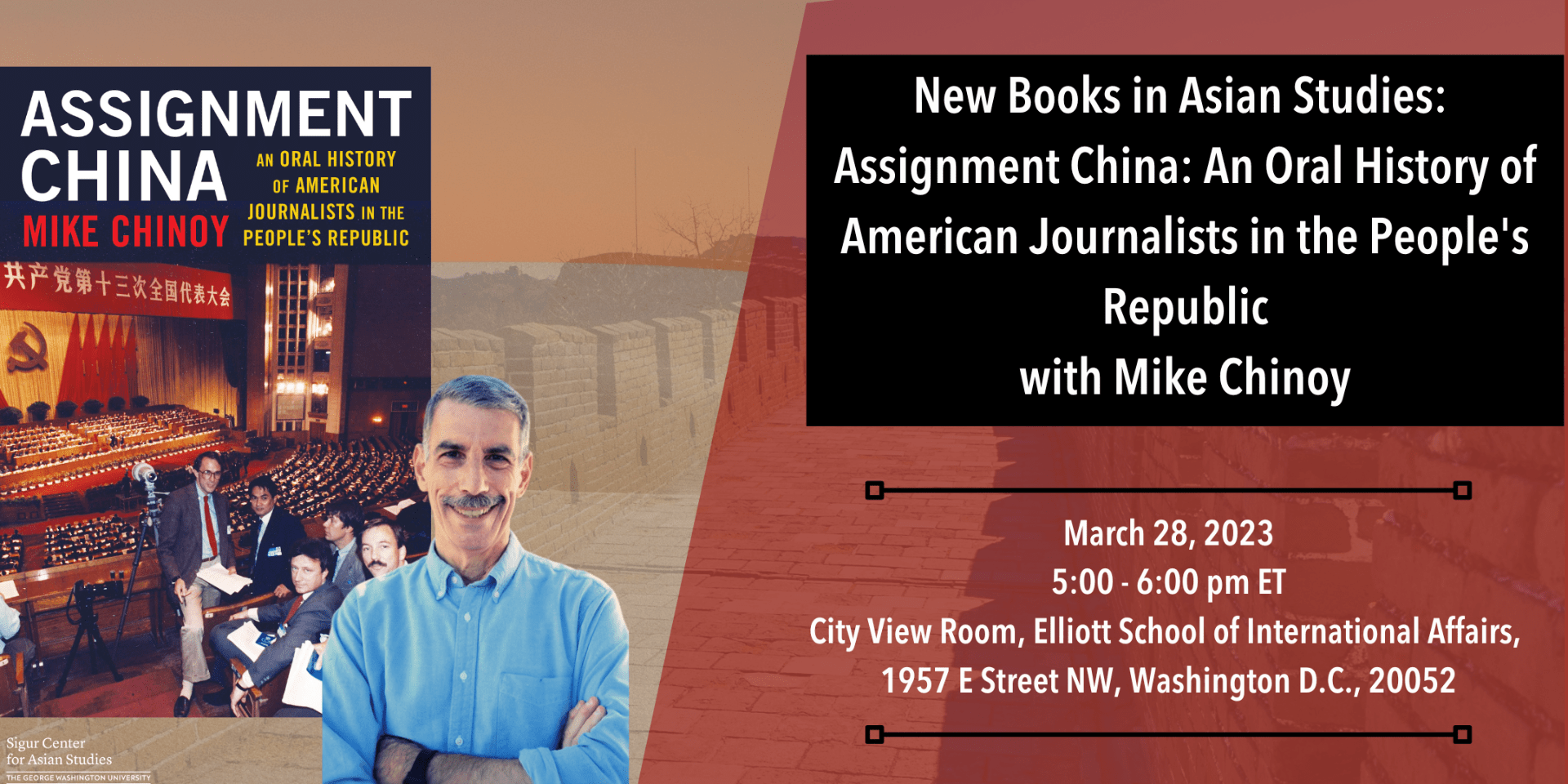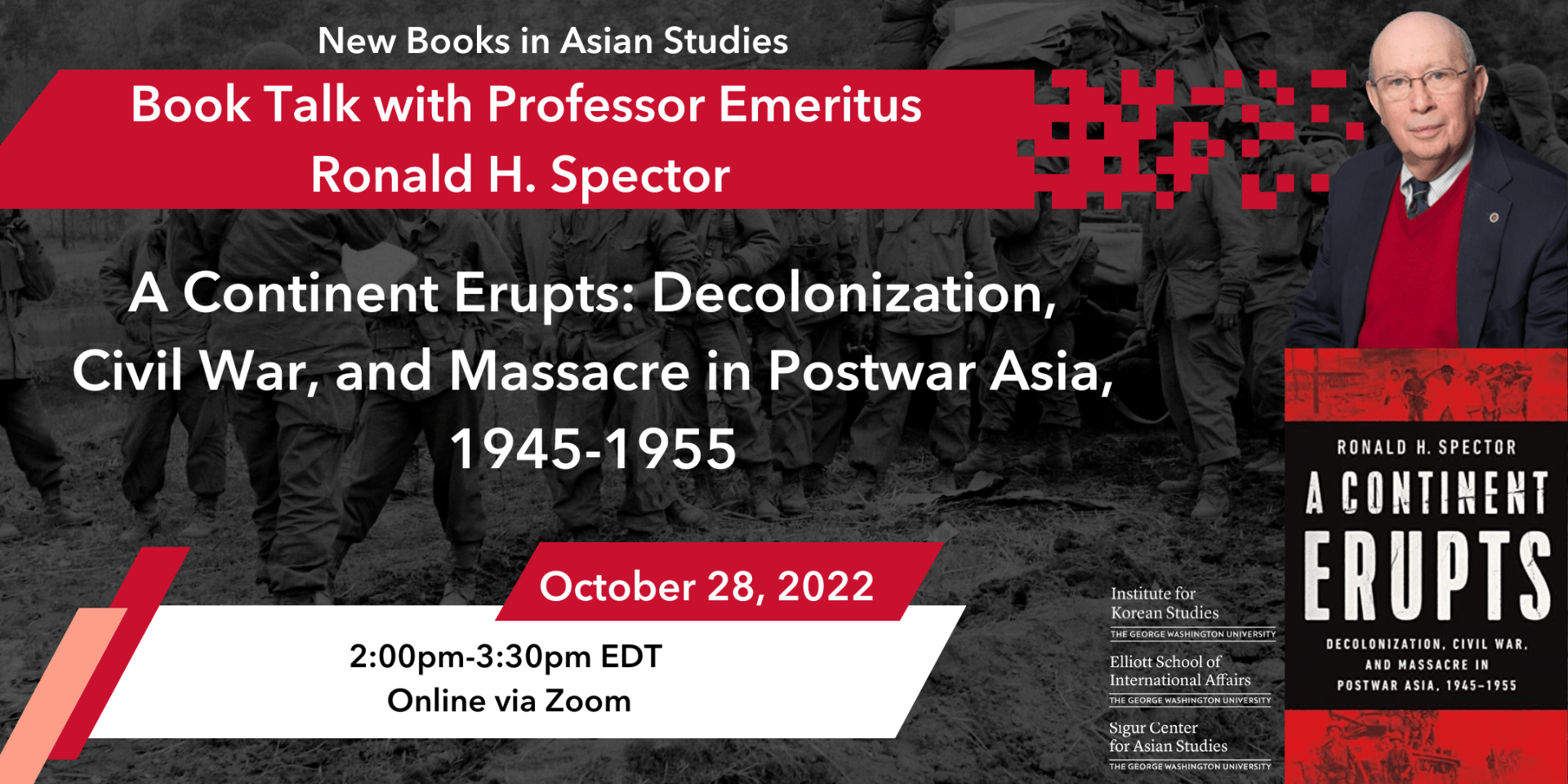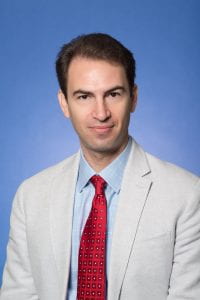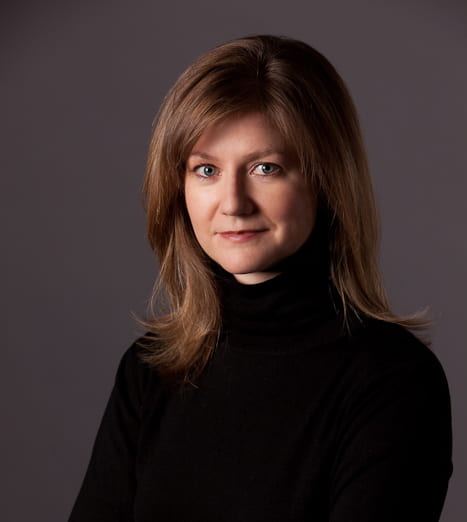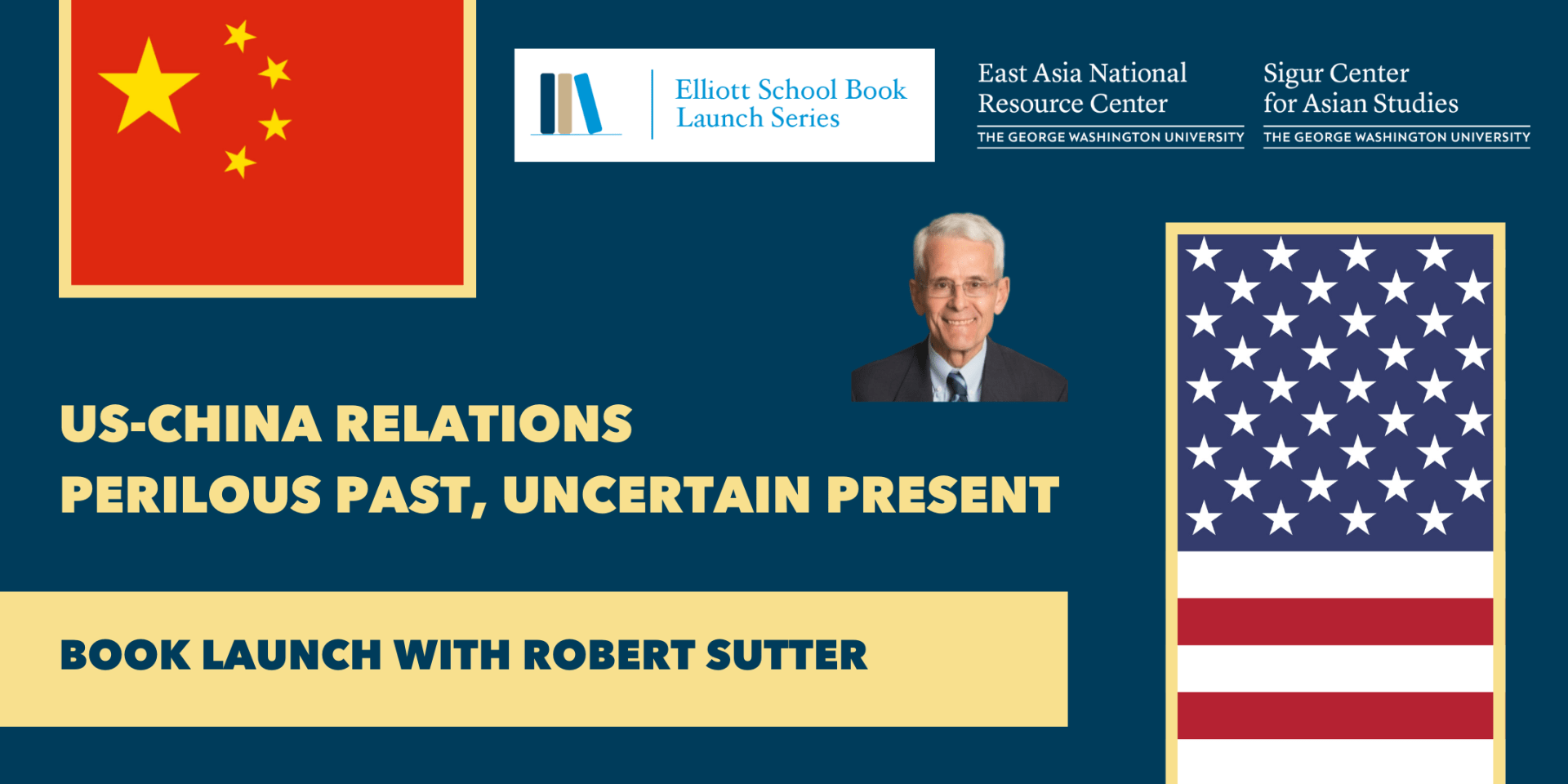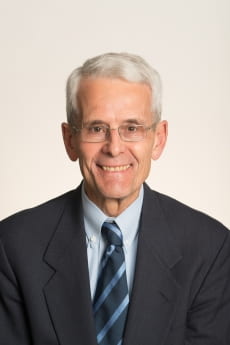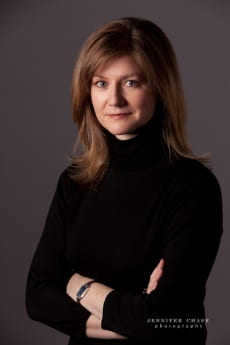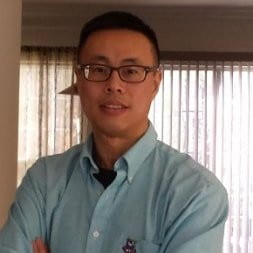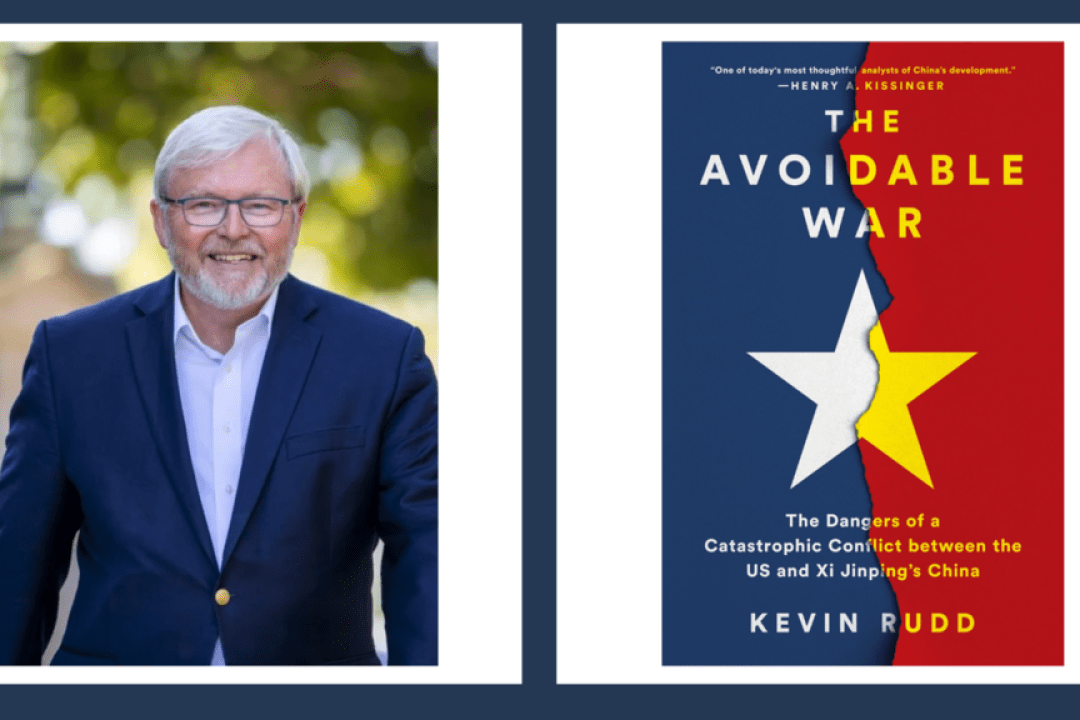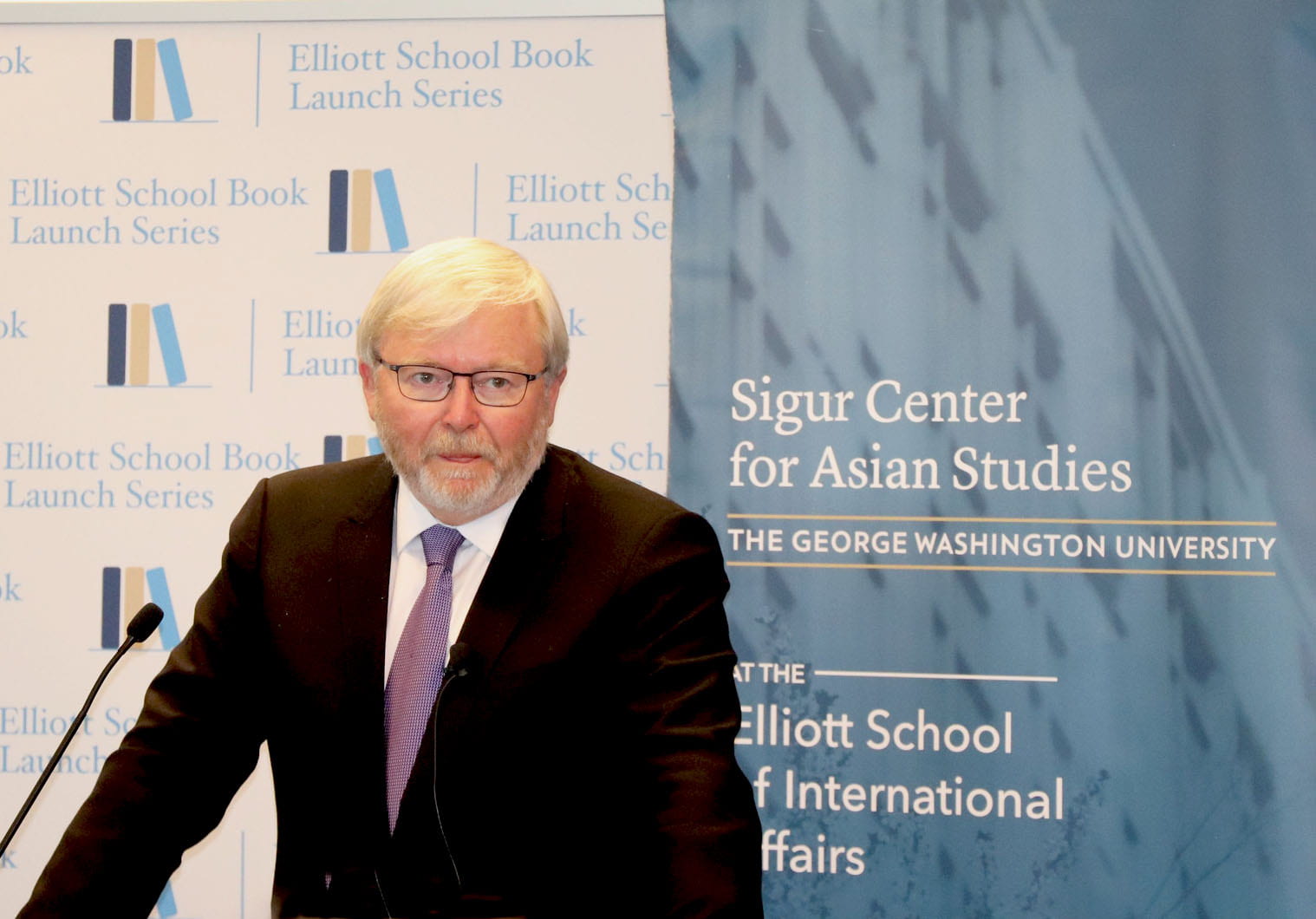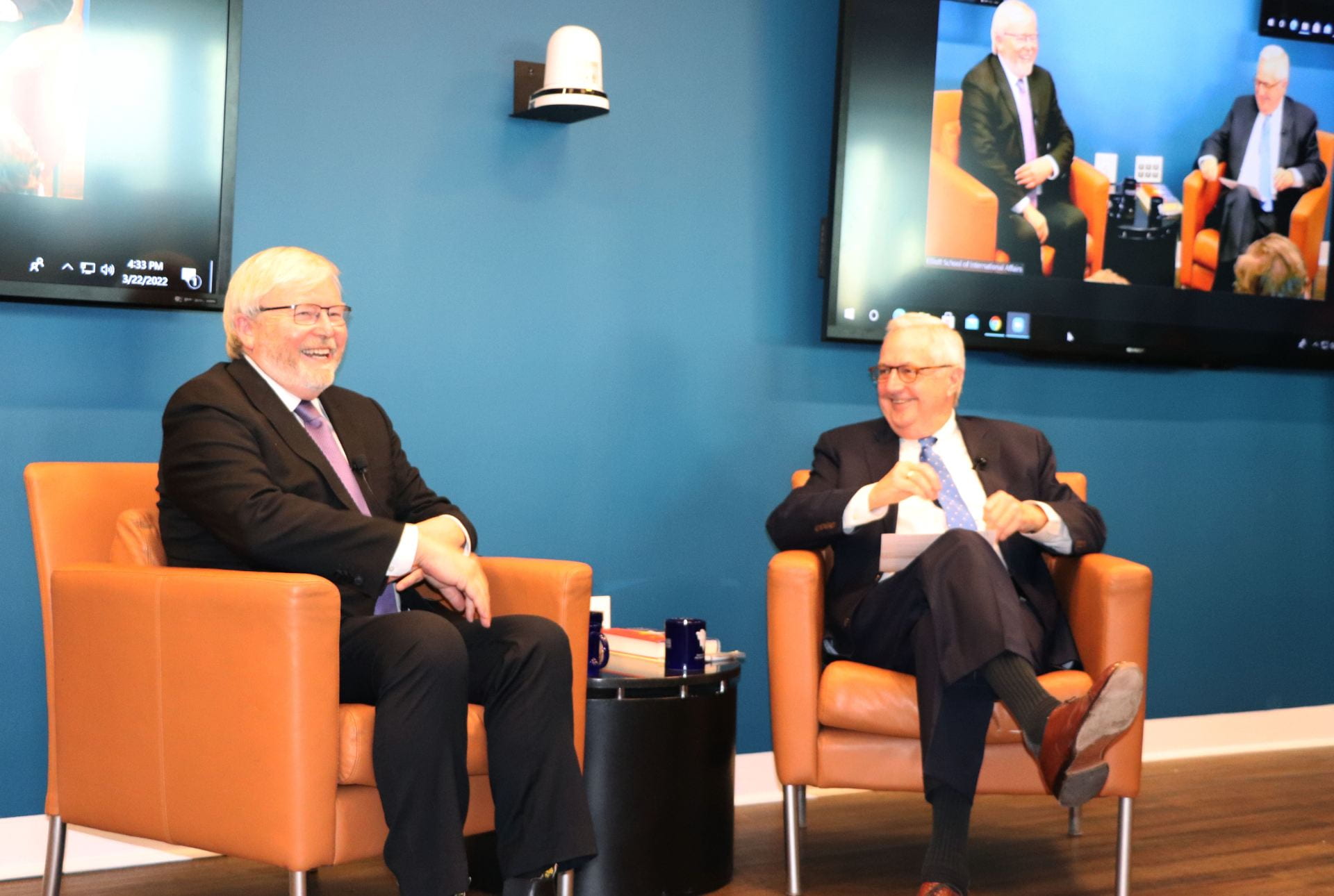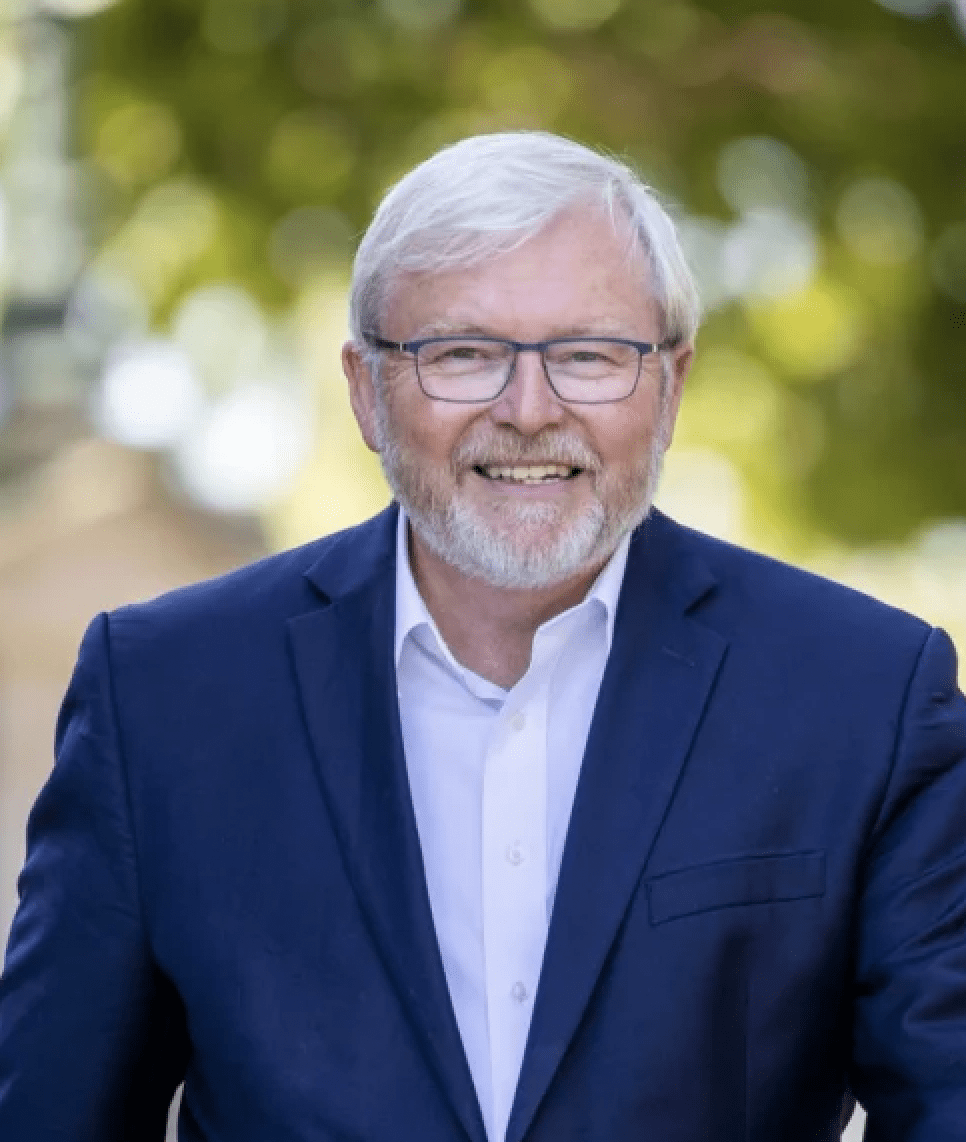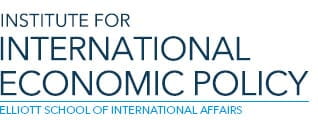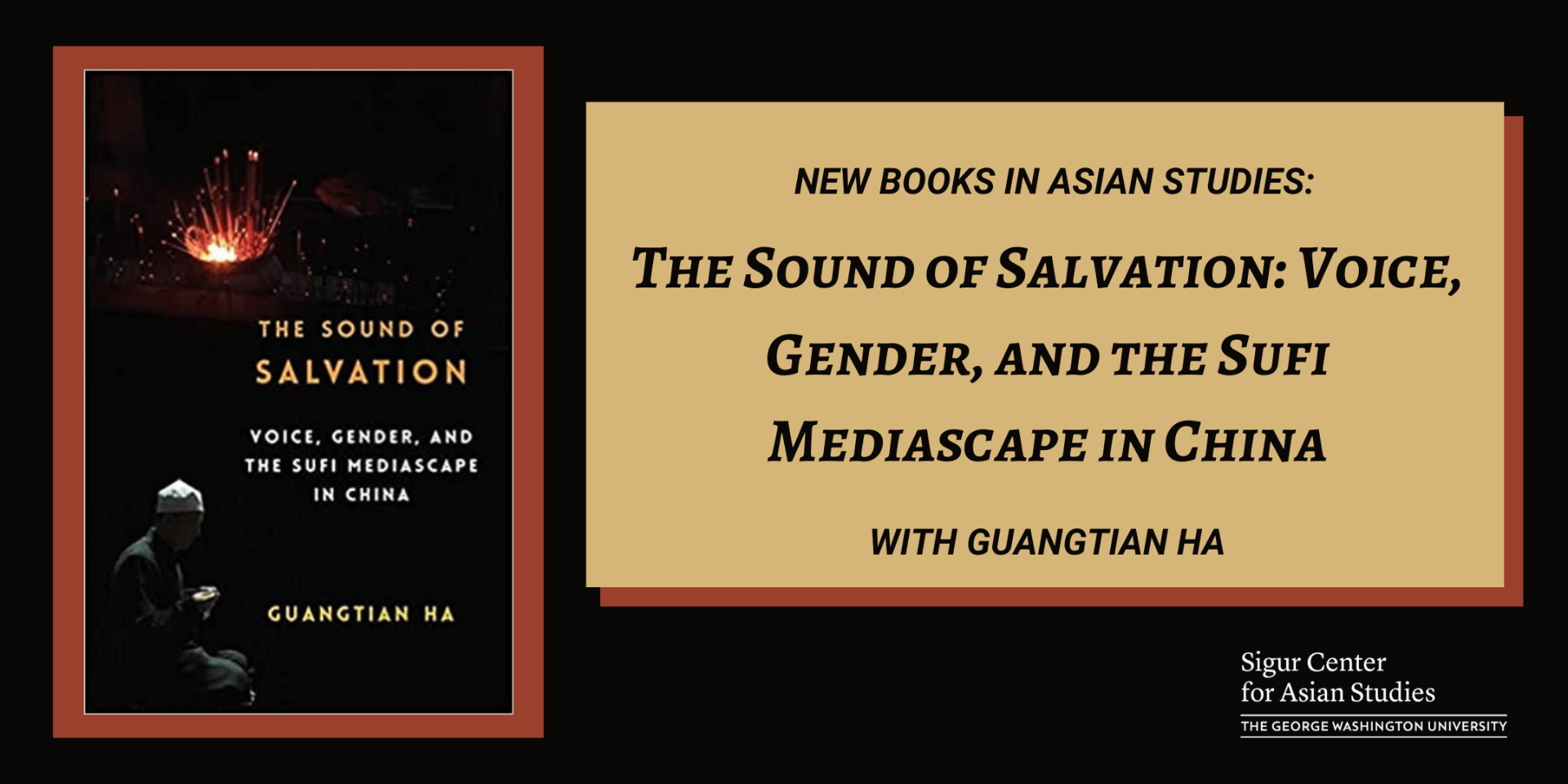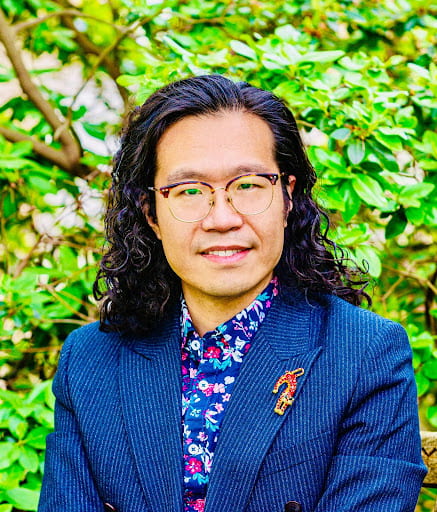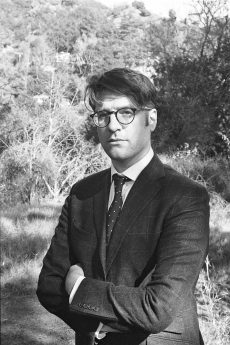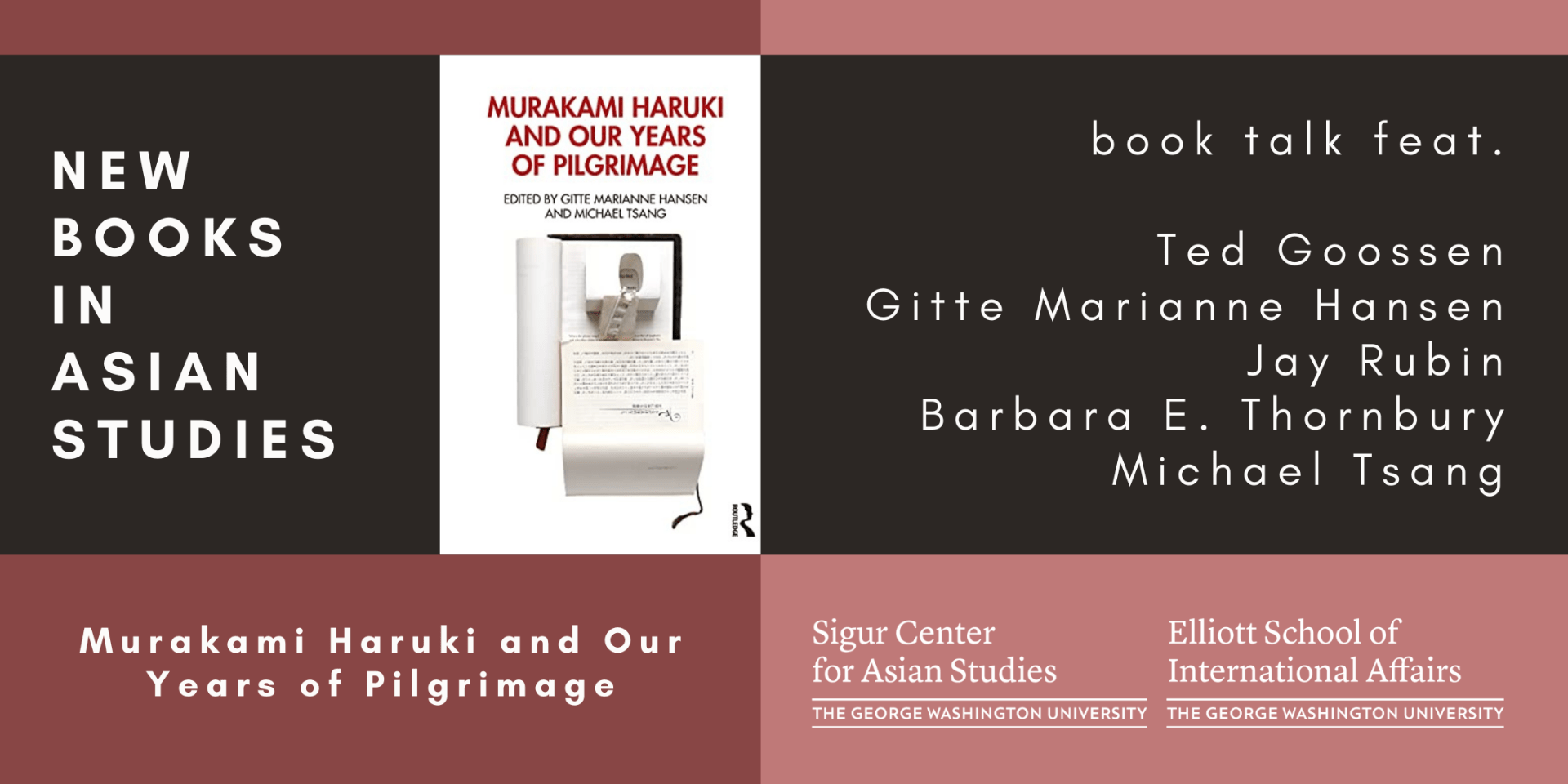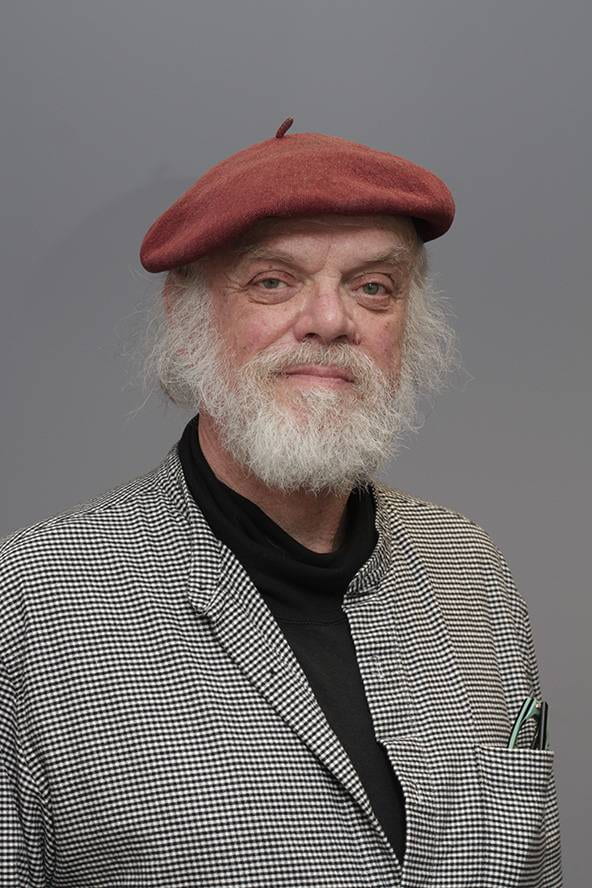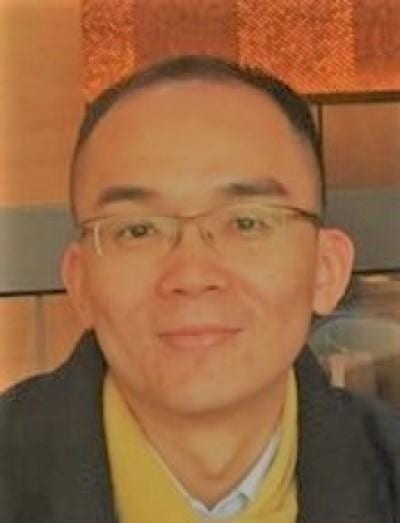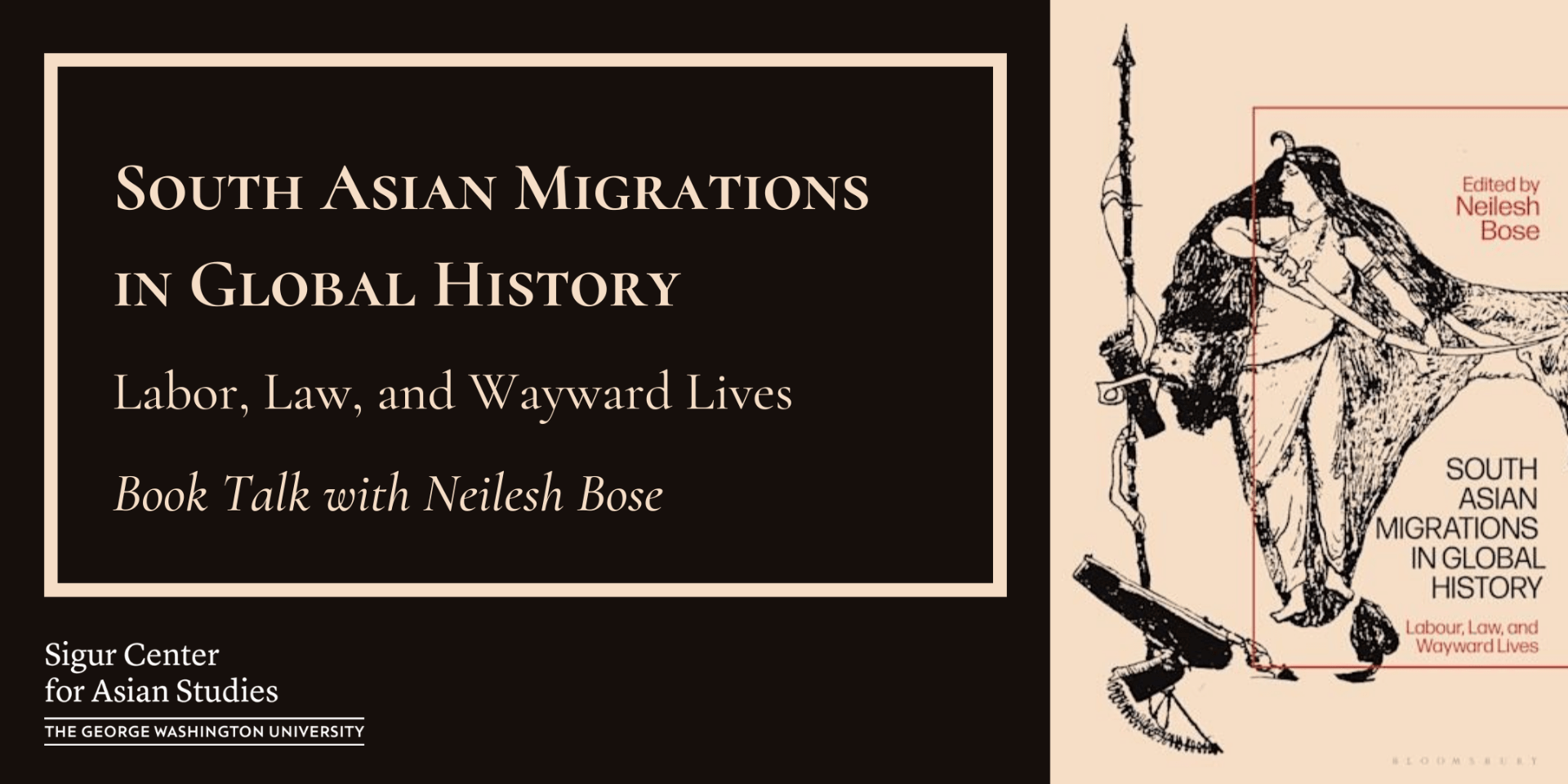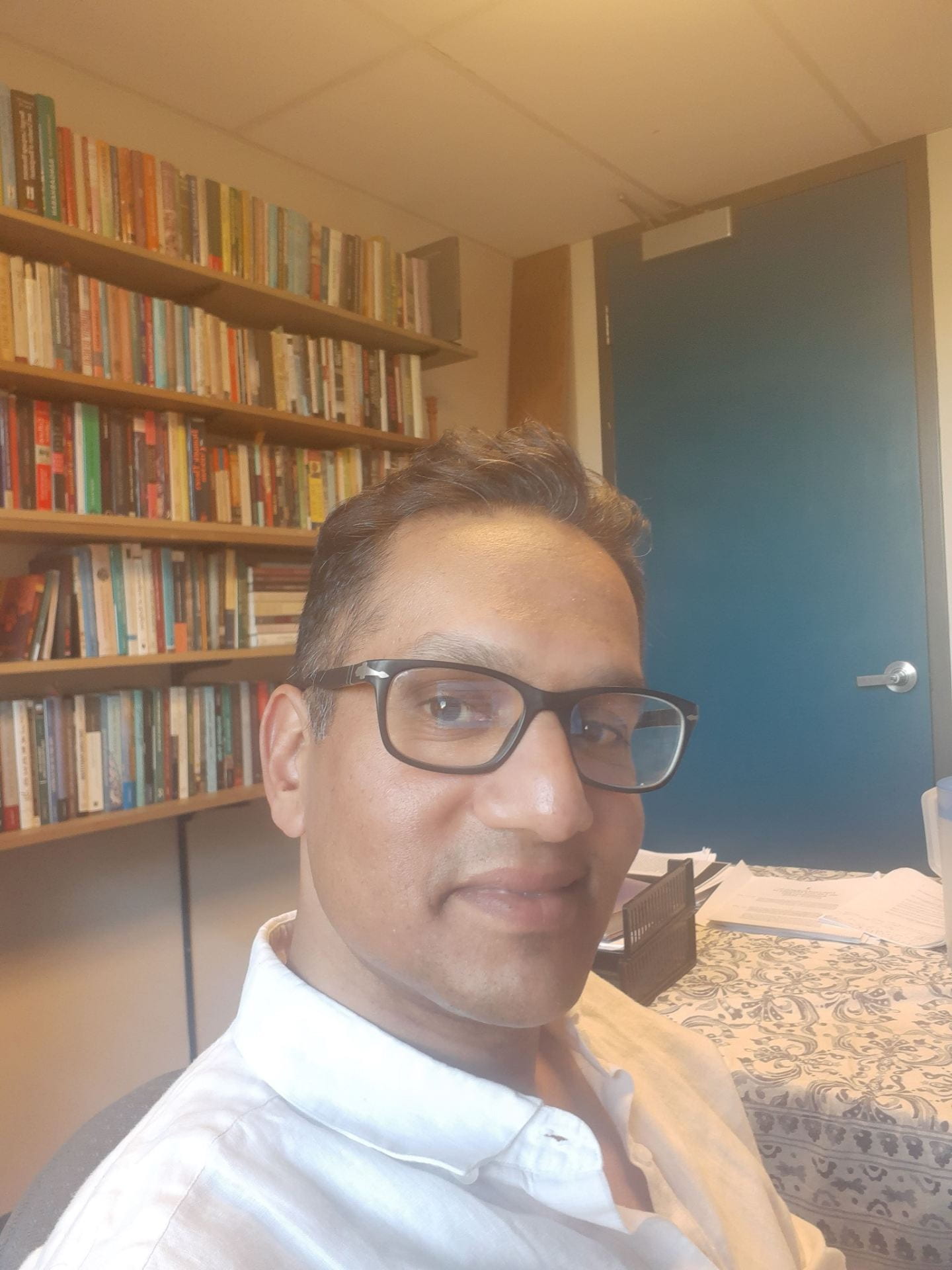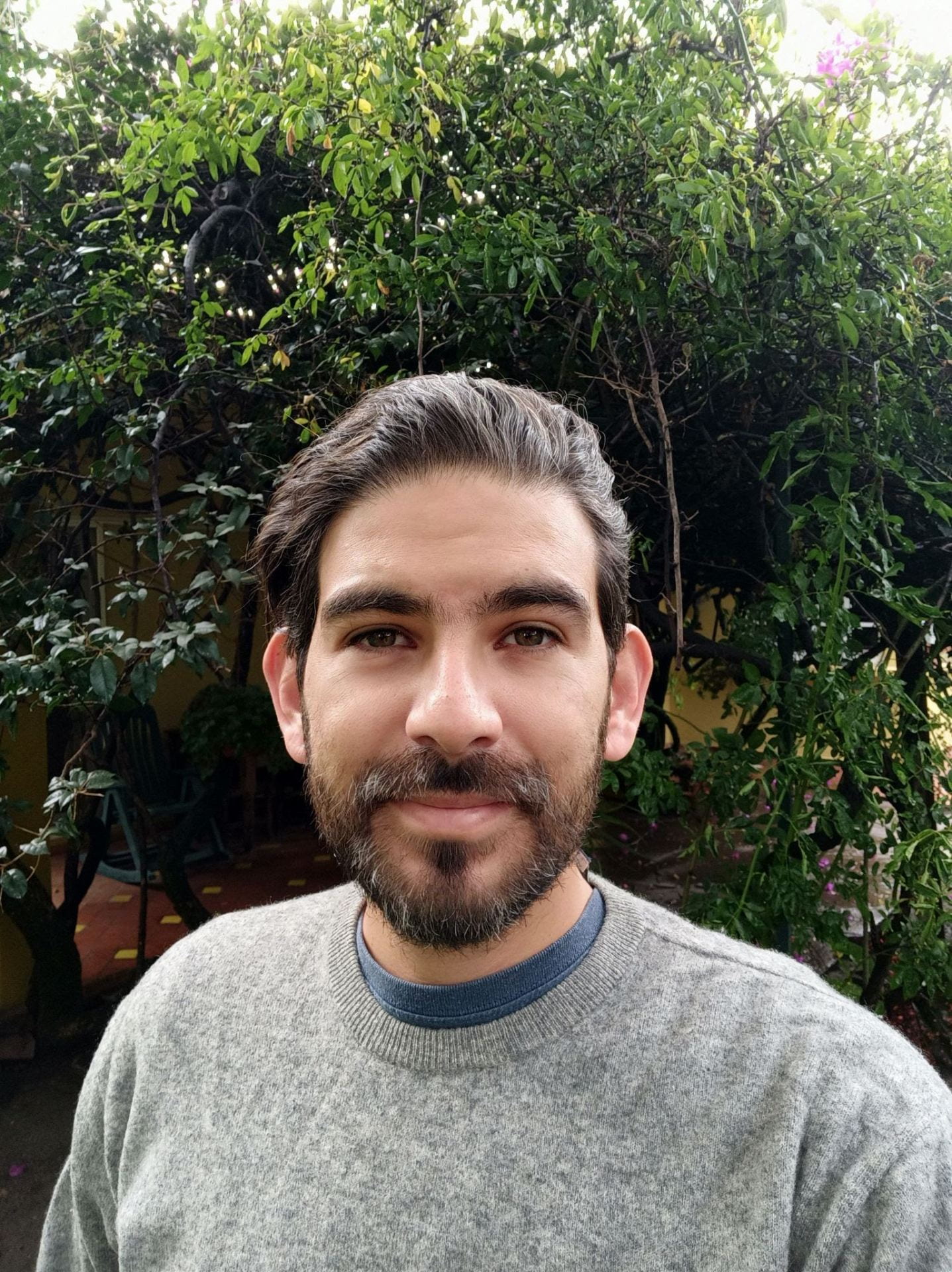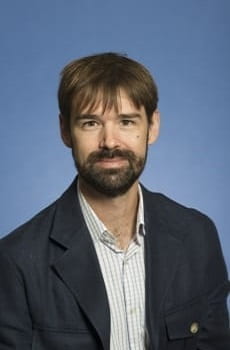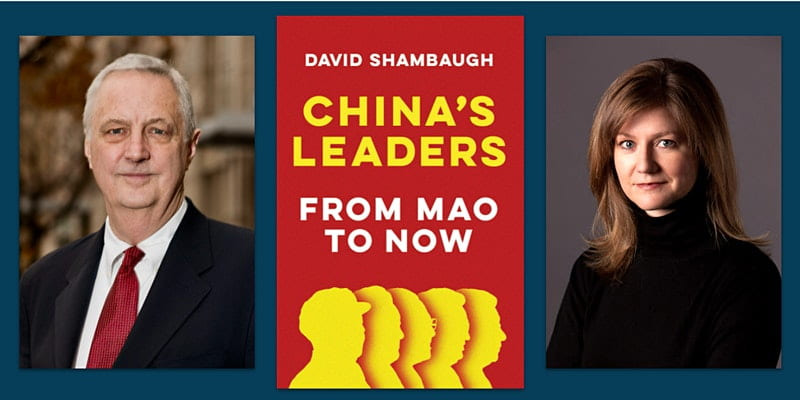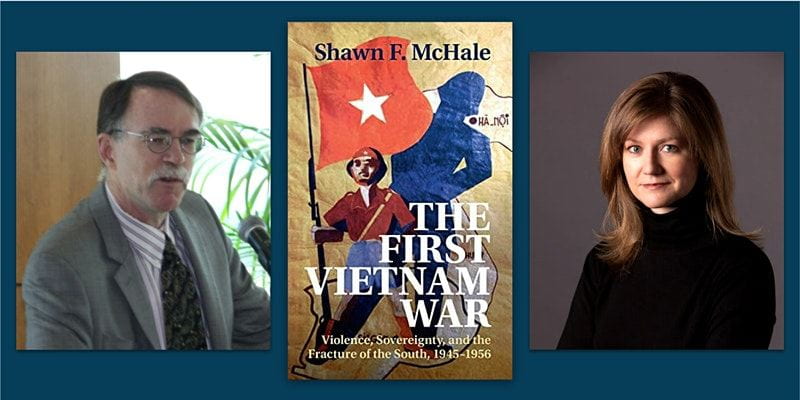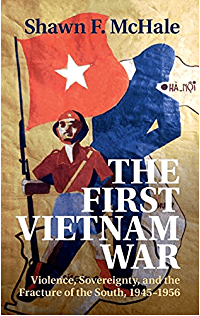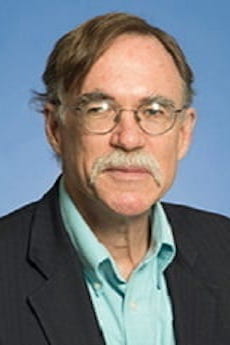Tuesday, March 28, 2023
5:00 PM – 6:00 PM ET
City View Room
Elliott School of International Affairs
1957 E Street NW Washington, D.C. 20052
Reporting on China has long been one of the most challenging and crucial of journalistic assignments. Foreign correspondents have confronted war, revolution, isolation, internal upheaval, and onerous government restrictions as well as barriers of language, culture, and politics. Nonetheless, American media coverage of China has profoundly influenced U.S. government policy and shaped public opinion not only domestically but also, given the clout and reach of U.S. news organizations, around the world.
This book tells the story of how American journalists have covered China—from the civil war of the 1940s through the COVID-19 pandemic—in their own words. Mike Chinoy assembles a remarkable collection of personal accounts from eminent journalists, including Stanley Karnow, Seymour Topping, Barbara Walters, Dan Rather, Melinda Liu, Nicholas Kristof, Joseph Kahn, Evan Osnos, David Barboza, Amy Qin, and Megha Rajagopalan, among dozens of others. They share behind-the-scenes stories of reporting on historic moments such as Richard Nixon’s groundbreaking visit in 1972, China’s opening up to the outside world and its emergence as a global superpower, and the crackdowns in Tiananmen Square and Xinjiang. Journalists detail the challenges of covering a complex and secretive society and offer insight into eight decades of tumultuous political, economic, and social change.
At a time of crisis in Sino-American relations, understanding the people who have covered China for the American media and how they have done so is crucial to understanding the news. Through the personal accounts of multiple generations of China correspondents, Assignment China provides that understanding.
Guests can purchase the book from Columbia University Press. Copies will be sold by the George Washington University Bookstore at the event.
Registration is free and open to the public.
This event will be recorded and will be available on the Sigur Center YouTube channel after the event.
Speaker
Mike Chinoy is a Non-Resident Senior Fellow at the U.S.-China Institute at the University of Southern California. He spent 24 years as a foreign correspondent for CNN, serving as the network’s first Beijing bureau chief and senior Asia correspondent. Before joining CNN, Chinoy worked for CBS News and NBC News. He has won Emmy, Dupont, and Peabody awards for his journalism. Assignment China is his fifth book.
Moderator
David Shambaugh is an internationally recognized authority and award-winning author on contemporary China and the international relations of Asia. He is the Gaston Sigur Professor of Asian Studies, Political Science & International Affairs, and the founding Director of the China Policy Program in the Elliott School of International Affairs at George Washington University. He previously served in the Department of State and on the National Security Council staff during the Carter administration (1977-1979). From 1996-2016 he was also a Nonresident Senior Fellow in the Foreign Policy Studies Program at The Brookings Institution. Professor Shambaugh was previously Lecturer, Senior Lecturer, and Reader in Chinese Politics at the University of London’s School of Oriental & African Studies (SOAS), 1987-1996, where he also served as Editor of The China Quarterly. He has served on the Board of Directors of the National Committee on U.S.-China Relations, Advisory Board of the National Bureau of Asian Research (NBR), East-West Center Fellowship Board, is a life member of the Council on Foreign Relations and member of its Board of Studies, is a participant in the Aspen Strategy Group, and other public policy and scholarly organizations. An active public intellectual and frequent commentator in the international media, he also serves on numerous editorial boards, and has been a consultant to governments, research institutions, foundations, universities, corporations, banks, and investment funds.
He has been selected for numerous awards and grants, including as a Fellow at the Woodrow Wilson International Center for Scholars, a Senior Scholar by the Phi Beta Kappa Society, and a Senior Fulbright Scholar (Chinese Academy of Social Sciences). He has received research grants from the Ford Foundation, Rockefeller Foundation, Smith Richardson Foundation, German Marshall Fund, Hinrich Foundation, the British Academy, U.S. National Academy of Sciences, and has been a visiting scholar or professor at universities in Australia, China, Denmark, Germany, Hong Kong, Italy, Japan, New Zealand, Russia, Singapore, Taiwan, and he has lectured all over the world.
As an author, Professor Shambaugh has published more than 30 books, including most recently International Relations of Asia (third edition, 2022); China’s Leaders: From Mao to Now (2021); Where Great Powers Meet: America & China in Southeast Asia (2021); and China & the World (2020). Other books include The China Reader: Rising Power (2016); Tangled Titans: The United States and China (2012); China’s Communist Party: Atrophy & Adaptation (2008); Power Shift: China & Asia’s New Dynamics (2005); and Modernizing China’s Military (2002); Making China Policy (2001); The Modern Chinese State (2000); Chinese Foreign Policy: Theory & Practice (1994); American Studies of Contemporary China (1993); and Beautiful Imperialist (1991). He has also authored numerous reports, scholarly articles and chapters, newspaper op-eds, and book reviews. He is reasonably fluent in Chinese, and has some French, German, and Spanish.

